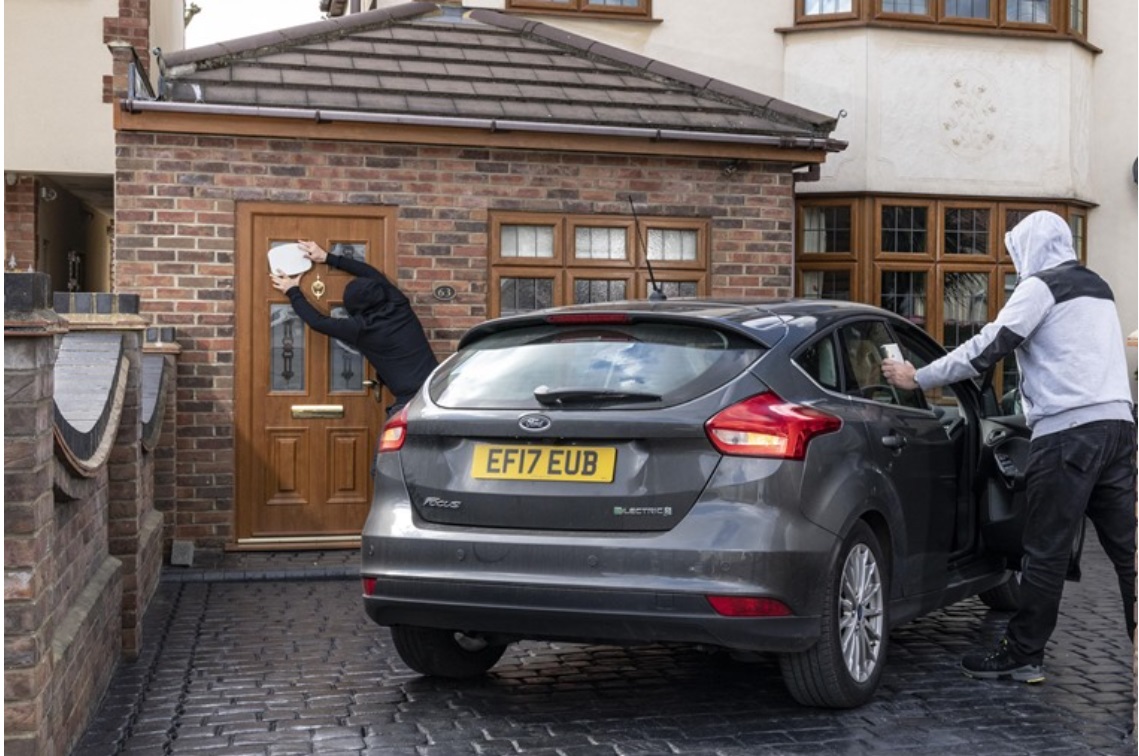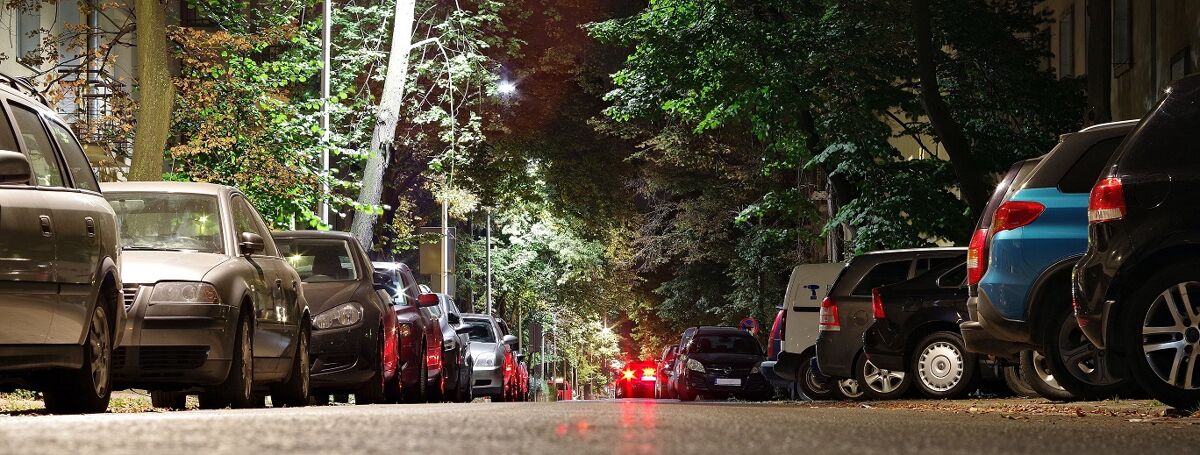Vehicle theft in Essex
We've launched a campaign requesting anonymous information on who is responsible for vehicle theft in your community - including keyless vehicle theft (also known as relay theft).
Vehicle thefts cause distress, inconvenience and higher insurance premiums.
- Who's involved in vehicle thefts or dealing with stolen parts or cloned vehicles
- Where the stolen vehicles are kept
- Garages that are open at unusual hours, where the vehicles are being stripped down
- Any unusual activity on your street - people driving slowly and looking at vehicles on driveways, or paying particular attention to high end vehicles
- What technology thieves are using to identify targets, bypass car security and prevent stolen vehicles from being located
- How they are disposing of stolen vehicles or their parts
- How they identify the vehicles to be stolen.
Tell us what you know - call free on 0800 555 111 or go to our online form:
Please note: computer IP addresses are never traced and no-one will ever know you contacted Crimestoppers. For telephone calls, there is no caller line display, no 1471 facility and we have never traced a call.
What is keyless entry?
Keyless entry allows the driver to unlock the vehicle with the key fob still in their pocket or bag. Once in the vehicle, the driver presses a button to start the engine without needing to touch the key fob.
If you need to press a button on your vehicle's key fob to enter your vehicle and insert the key into the ignition to start, then your vehicleis not 'keyless' entry. That doesn’t mean that your vehicle is less susceptible to being stolen - you still need to ensure you take extra security precautions.
What is keyless theft?
If your car or van has keyless entry, then it will unlock automatically when the key fob comes within a short-range distance of the vehicle.
 Keyless theft happens when thieves use an electronic device to copy the signal from your remote key fob to fool the vehicle into thinking that the fob is close by; this unlocks the car or van and allows the ignition to be started.
Keyless theft happens when thieves use an electronic device to copy the signal from your remote key fob to fool the vehicle into thinking that the fob is close by; this unlocks the car or van and allows the ignition to be started.
- Keep your keys/fobs (don’t forget the spare) away from doors, windows or any place where they can be seen or easily located.
- Invest in a signal blocking pouch (Faraday bag). This can block the transmission of the signal from the vehicle key fobs once they are inside the pouch.
- Wireless signals on some keyless fobs can be turned off. Look in your manual to see if this is possible. If not, contact your vehicle manufacturer.
- Purchase a steering wheel lock. This can be an effective tool in the fight against keyless thefts, as of course it cannot be compromised via technology.
- Park your vehicle in your garage if you have one.
- If you have more than one vehicle on your driveway, park the less desirable vehicle in front of the more desirable vehicle to block its access.
- Vehicle theft can involve thieves breaking into a vehicle and accessing the OBD port to start it. Contact your local dealership or an auto electrician to relocate the OBD port in your vehicle. Consider the use of a OBD port protective cover or lock guard, or consider a remote central locking keyless system upgrade or an upgraded immobiliser system to protect your vehicle.
- Invest in a tracker. It won’t stop your vehicle being stolen, but it can significantly increase the chances of the police locating it.
- Don't leave valuables on show: it might sound obvious, but leaving any personal belongings or work tools on show is an invitation to the opportunist criminal. Mobile phones, satnavs and mounts, power leads, money, wallets, handbags, sunglasses, sports clothing and bags should all be removed from the vehicle.
- Lock doors & close windows: always lock and close the windows of your vehicle when unattended, be this on the drive, the petrol station forecourt, when de-icing your vehicle in the winter or when getting a ticket to park. An unlocked vehicle is the easiest to steal or steal from. If your vehicle is not fitted with a manufacturers’ fitted alarm and/or immobiliser, consider installing an approved system.
- Secure items outside of your vehicle: anything left on roof-racks, tailgate racks, holiday top boxes or in tool chests is easily stolen when the vehicle is parked. The use of cable locks, padlocks and self-locking tool chests, which are secured to the vehicle, makes them more secure - but still, don’t leave things in them if you can avoid it.
- Insure everything: make sure you’re covered. Use a valid insurance provider to guarantee that you have a valid policy.
Tell us what you know - call free on 0800 555 111 or go to our online form:
